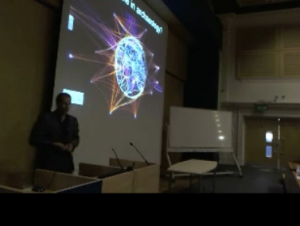Half a million website visits!
At 1.30pm on Tuesday July 3rd a website created by the eLanguages team in Modern Languages received its 500,000th visit. ‘Prepare for Success’ (www.prepareforsuccess.org.uk) is a website of free interactive learning resources for international students planning to study at any UK university or college. It is also being used extensively by receiving institutions in the UK, as well as by institutions overseas.
Continue reading →

